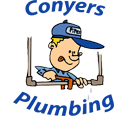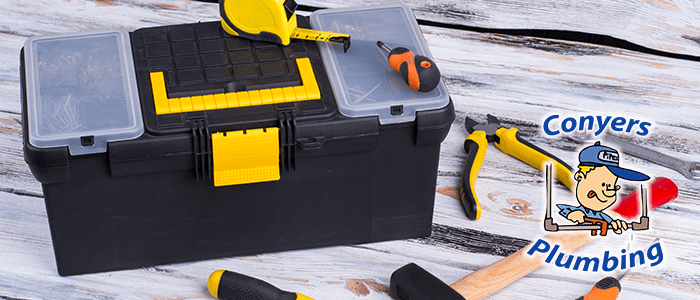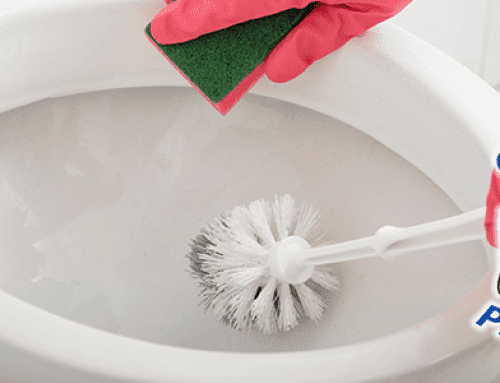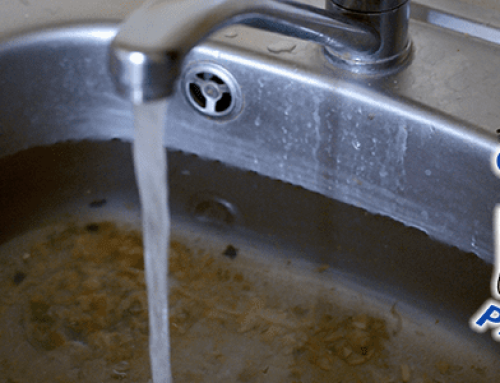Amateur Plumber’s Toolkit
The best way to ensure your pipes are always in good working order is by having the right tools on hand. A plumber’s toolkit is a must-have for any homeowner who wants to cut down on plumbing problems and make repairs quickly when they arise.
So, what should you have for those emergency issues, and what could be a little too specific for your general DIY plumbing needs? This article beneath will go over the basics of what you should keep.
Flashlight / Headlamp
A flashlight or headlamp is a must-have for every toolkit! You never know when you’ll need to crawl into a dark space to check out what’s going on. You should also have a backup flashlight in case your main one dies or breaks.
Pliers
Pliers are an essential tool for any DIYer. They’re great for gripping small objects and bending metal, so you can get a lot done with them. You should have a pair of needle nose pliers and long-nosed pliers on hand. Secondly, in case the first breaks or doesn’t have the grip you need, always keep a fresher pair with good teeth just in case. A metal rasp can help ensure a proper grip as well.
You should also have a pair of locking pliers on hand to help you grip objects tightly. They’re much better than normal pliers for gripping things like pipes and wires, which can be slippery.
Hammer, an essential for your Plumber’s Toolkit
A hammer is another essential tool for any DIYer. It’s great for breaking apart pieces of wood and other materials, but it also comes in handy when you need to pound nails into place. But, for plumbing installations your general handyman hammer might not cut it, or will do damage to sensitive plumbing. In this case, a rubber mallet might be the better option to keep on hand.
If you don’t have a rubber mallet, but do have access to a regular hammer then try wrapping the head of it in some old rags or even bubble wrap. This will help protect your pipes from damage.
Caulk
From filling gaps to keeping water from leaking, caulk is a great tool to have. There are many different types of caulks and each one has its own application. For example, silicone caulk is best for use with showers or tubs while polyurethane will do the trick if you’re looking to waterproof your basement. Keep a general set of caulking for multiple uses on hand for those ‘just in case’ situations.
Silicone Tape
Silicone tape is a product that comes in handy when you need to seal around pipes and other surfaces. This tape is flexible and easy to use so it’s perfect for waterproofing your home’s plumbing system.
Plumber’s Tape
Plumber’s tape is a type of silicone tape that comes in a roll. It’s ideal for sealing around pipes and other surfaces because it’s easy to use and won’t leave behind any residue. It can also be great for making a pipe fit a little better for any application.
Pipe Wrench
The pipe wrench is a tool that can be used for plumbing, as well as other things around your home. It’s designed to help you remove pipes from their fittings without damaging either one. This type of wrench is especially helpful when working with lead or copper piping because it doesn’t leave any marks on the surface.
And Many More for your Plumber’s Toolkit
While the above are the absolute basics, you should always be on the lookout for a good deal for any variety of useful tools. If you need further tips on what to keep and what could be useful, finding some plumbing groups online can give you good tips. Or alternatively, seeking out a Conyers Plumbing professional for your needs, so you don’t need to spend so much on equipment.




